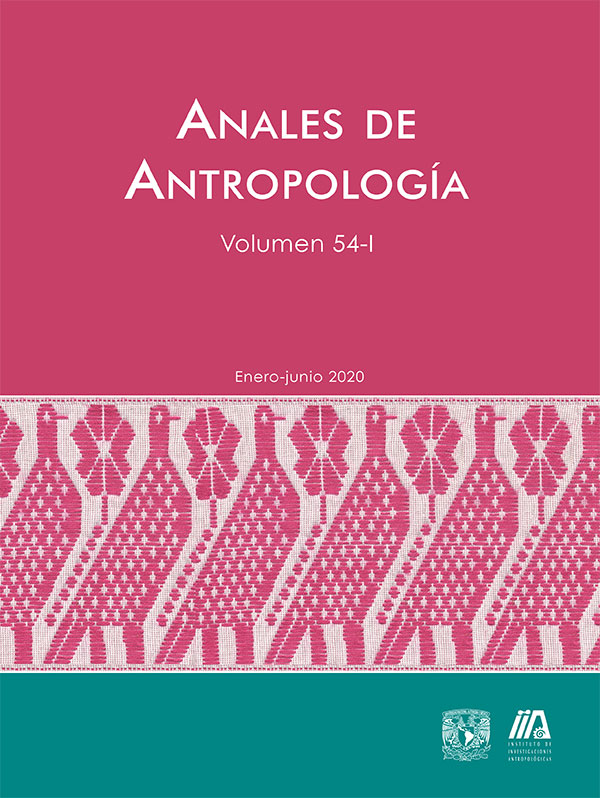When things are taken seriously: the comcáac power of a vessel
Main Article Content
Abstract
When surveying for the recording of sites, a crew of archaeologists are happy-lucky to find and collect ancient garbage. Archaeologists often smiles when find fragments of what are looking for. Whether pieces of potsherds, shell or stone debris, including some other relic of ancestral garbage. Unlike excavations, when survey generally do not find whole objects, of course, with the exception of projectile points and other small objects, which by their dimensions, are the most complete artefacts that escape curious looter-sight. It is definitely a rarity to find larger objects that have not been seen by someone over the centuries, and less if it is a ceramic whole vessel. This was the case and its magic power and social life is what in this paper is highlighted. To do so, I am helped by materiality, a contemporary concept of anthropological interpretation, and I challenge data with the comcaac worldview. Finally, I assert that objects are not simple inert things: they fulfill a structural function in the symbolic system of human relations.
Downloads
Article Details
Citas en Dimensions Service
Esta revista usa una licencia CC del tipo CC BY-NC-ND 3.0. Se maneja bajo el esquema de acceso abierto, con una licencia Creative Commons Attribution-NonCommercial-NoDerivs 3.0 Unported.
